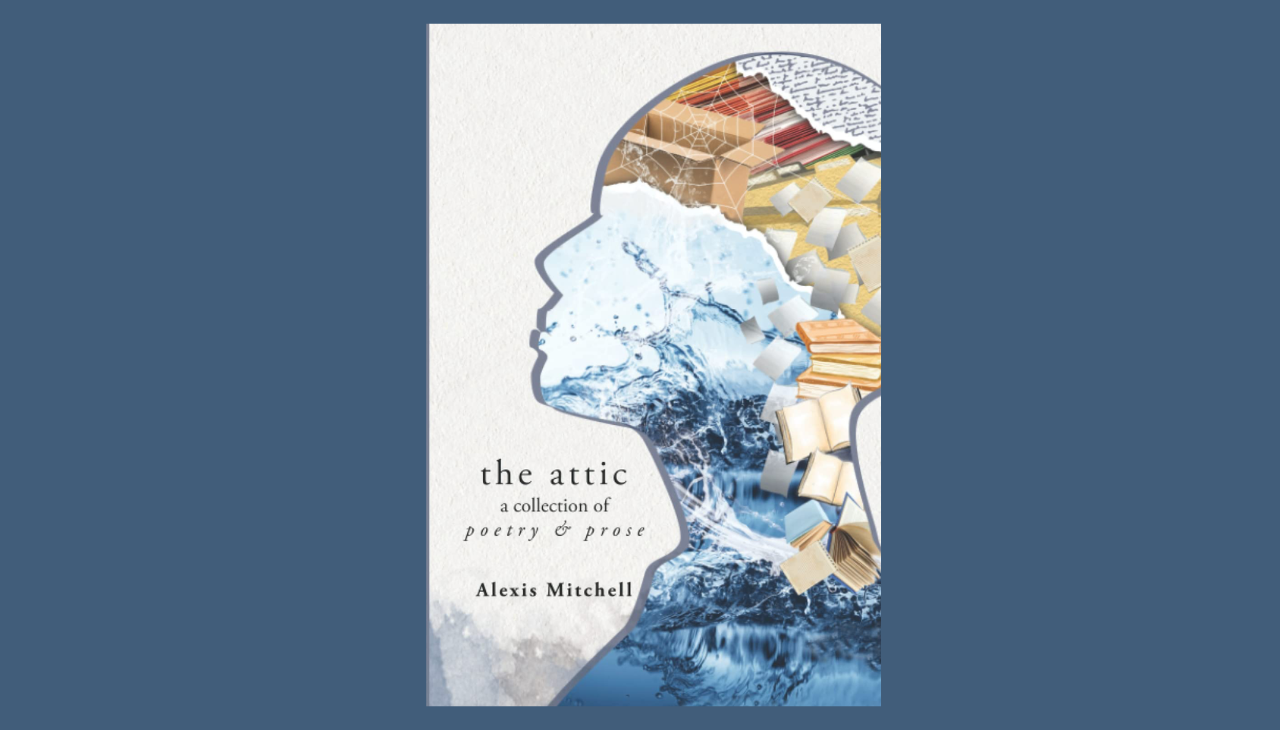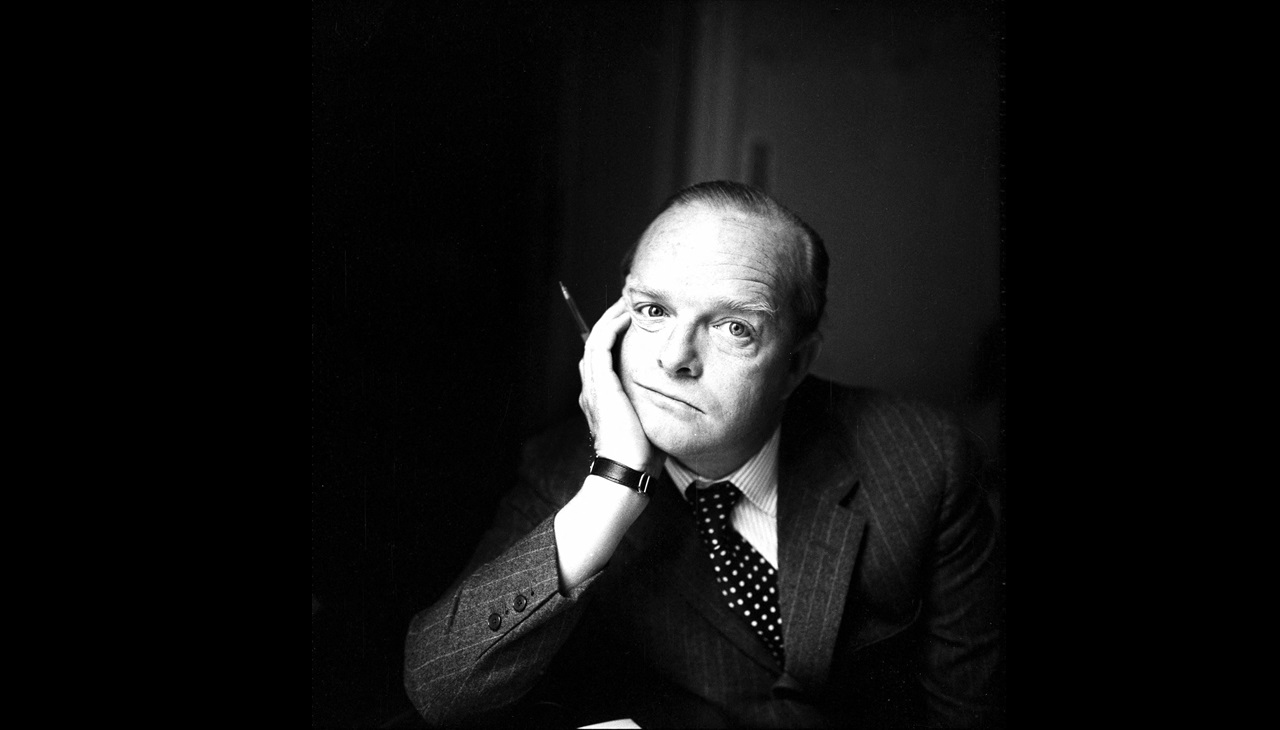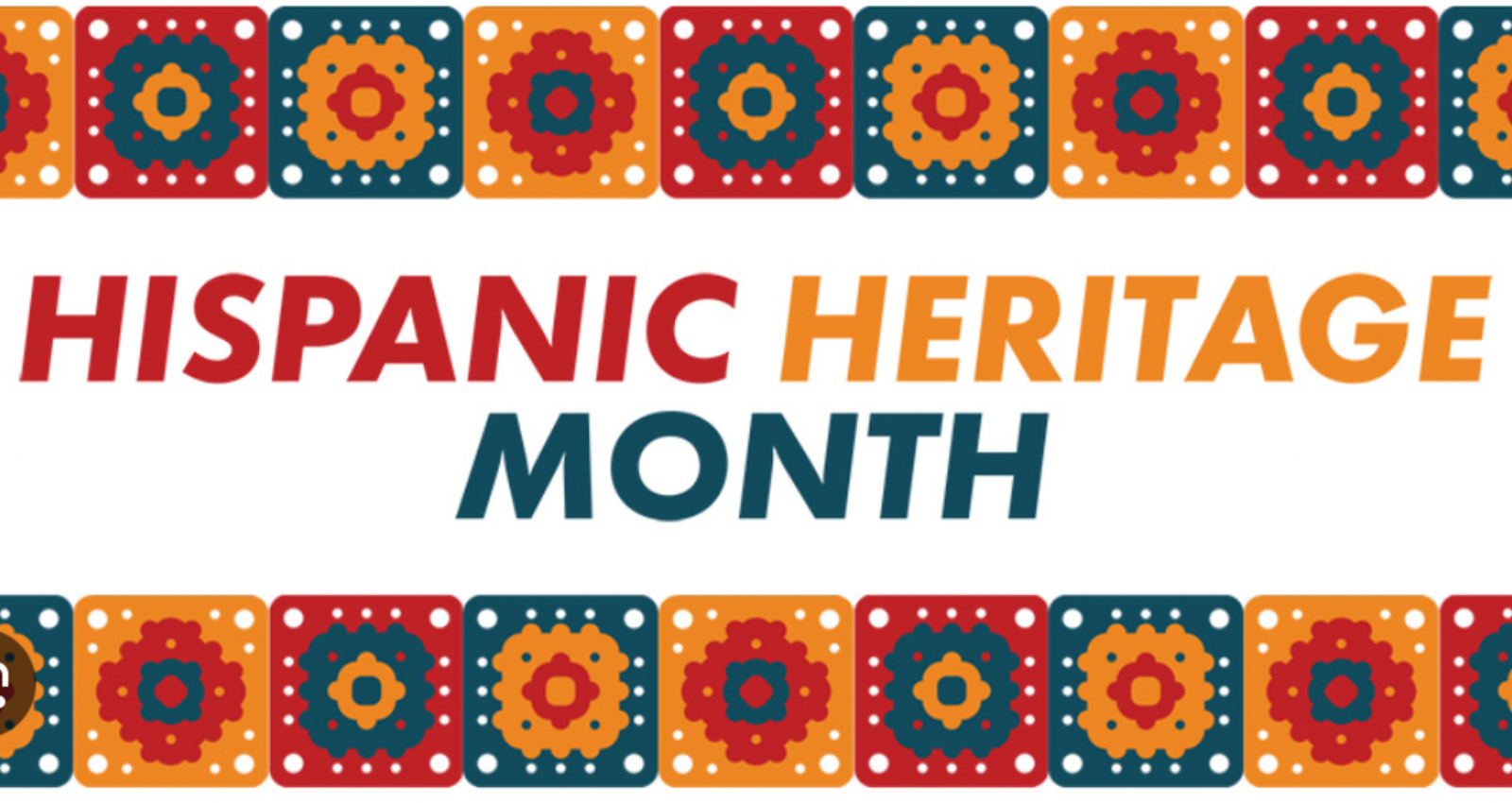
A conversation with Alexis Mitchell, author of “The Attic”
The Attic is a collection of poetry and prose written by Alexis Mitchell, a West Indian author and educator residing in New York City. The Attic depicts the hidden chambers of the mind and how emotions linger deep within, until “we, the reader,” is able to embark on a voyage of self-fulfillment.
Although in no particular order of events or experiences, each poem has the ability to connect with the reader and speak in ways that only pain, passion, forgiveness, mercy, solitude, and solace can— through healing. The title itself is symbolic. The mind has the ability to oppress the most traumatic of events, and the ability to replay even the creeks we failed to observe. Despite life’s many challenges, the book has a softer end to it— the past is left behind, a closed door.
The Attic felt like a journey of reawakening resilience and understanding one’s ability to be honest, vulnerable, and liberated by the things we feel should be kept hidden.
One of my favorite poems from the collection can be found on page 17, and towards the end of that Untitled Poem, it states:
“Because I’ve always been a hoarder of thoughts—
collecting them, tucking them into faraway corners of my
mind, and pretending that these thoughts don’t belong to
me, and they aren’t mine—but they do exist.
And my body knows it.
And that is why it rains.”
I had the pleasure to interview Alexis Mitchell and ask some questions regarding The Attic. Here is our conversation:

Tell us a little about how this story first came to be. Did it start with an image, a voice, a concept, a dilemma or something else?
I’m triggered by my own emotions which is how the book came about. The Attic was supposed to be a metaphor for my mind and how I hoard all the events and emotions that happened to me, and [how] I had a hard time letting go of the emotions behind it. The concept was in my mind. The water is supposed to show how our emotions fluctuate over time. The water in the throat was how I felt silenced or I wasn’t able to use my voice. Literally drowning. Being a “parent” at a young age made me feel like I couldn’t be weak in front of my siblings. Making sure I was strong for them. I didn’t want to come across as weak. Writing was important at that age. It was therapeutic.
What special knowledge or research was required to write this book? Why self-publish?
I’m still researching when I’m composing a book—It’s never-ending. Starting with book one ( I Write, Therefore I Am), I spent a year doing research to figure out the formatting in terms of understanding the measurements for the interior— the cover itself. I had to look at traditional publishing or self-publishing. I didn’t know the difference at first of having your own International Standard Book Number (ISBN) number versus using the one Amazon provides for free. I knew if it’s for free there has to be a catch, there’s got to be something you won’t be able to do with the book. Research how to finance the book. The first two books (I Write, Therefore I Am; I Writer, Therefore I Am: Exposed) were very simple and I knew I could design it on my own and it would be easier, but it took me 26 tries to get the cover right. So [self-publishing] is too time consuming. [I started thinking] maybe I should invest in someone who can do the graphic design and format it and I can pay them to do that. [Eventually deciding to self-publish because] I liked the creative freedom of it all. Being on my own timeline.
What did you have to do to get out of your comfort zone to create this story?
Talk about my life in a way that I knew once I put it out there, people were going to read it and see me in the layers that you don’t show on your everyday basis. Going to therapy made it uncomfortable for me to confront myself in a different way.
If you could choose a book character to be for a day, who would it be and why?
CONTENIDO RELACIONADO
I chose three people, all for the same reasons. Maya Angelou in “I Know Why the Caged Bird Sings,” and the Scarlet Letter, Hester Prynne or Jane Eyre. Yes, they come from different backgrounds and had different experiences but I feel like I naturally connect with women who have experienced some sort of adversity, which you can find in most books, but I feel like in their day they became trailblazers, and very okay with who they are and express that.
What is your writing process like?
It's always evolving. I can go long periods without writing and I’m okay with that, because I never want to force it. Some days are like a sentence, other days are a couple of words written down, I just like the feeling of writing at least something. If I’m struggling with writer’s block I will set a time of 20 minutes and write whatever is on my mind. The process is usually just me setting time aside in the morning when I wake up to write about how I’m feeling; if it was a dream, what my intentions are for the day, and then at night I feel like I really tap into the creative side of poetry and prose— naturally flows at night. I just need silence and pen and paper.
What attracted you to the genre you write in?
The freedom of it. I know there are different poetic structures and forms like the villanelle, sonnet, haiku, and I’m okay with those, but feel they are restrictive and limiting in a sense. If I really want to tap into those formats I will, but I really like the freedom of poetry and I almost feel it comes natural for me to write in some sort of cadence and rhythm— I like that.
What writing resources have been most helpful to you?
Books. I’m an avid reader. I feel like books allow me to learn new words [and] automatically build your vocabulary that way. Gaining new perspectives on things, the more you read the more you can see the world in different ways— different genres and authors, you gain new ideas.
How do you use social media as an author?
For me social media is about connections. I love meeting new people [and] having conversations. In the writing community there’s that general foundation of all of us having similar interests— more like a source of inspiration. I think social media is useful for promoting and showing your craft with other people. If you are publishing books you can promote it. I feel like you have to do that if you are an author, especially self-published.
What are you passionate about? Is it writing? Education?
Definitely both. I think they’re interconnected. I’m a lifelong learner. I like to be the student of the classroom, absorbing the knowledge and learning new ways about how to navigate anything. I’m always reading a book because I’m always looking to learn about a new perspective. I’m always listening to podcasts to hear how people interact and engage. Like I’m really intrigued and passionate about the human mind in general. I love interpersonal relationships. Just building connections in general is like my modus operandi (M.O.). But I think I walk in a ball of passion. That’s what drives me.











DEJE UN COMENTARIO: